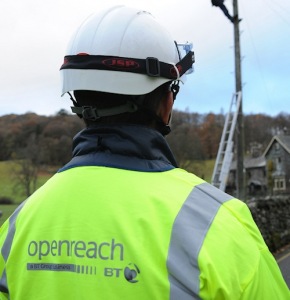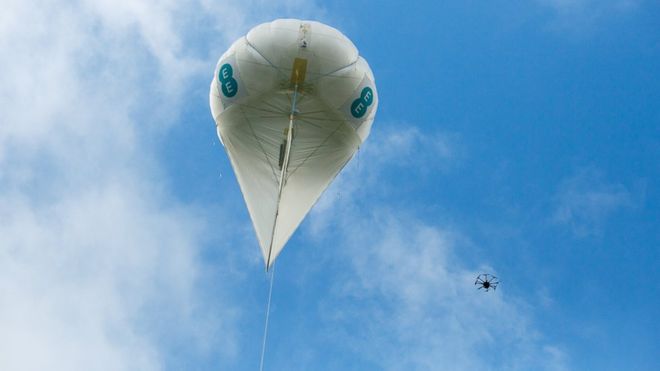BT and Ofcom agree deal to legally separate Openreach
BT and Ofcom have reached agreement on a long-term regulatory settlement that will see Openreach become a distinct, legally separate company with its own Board within the BT Group. The agreement is based upon voluntary commitments submitted by BT that the regulator has said meet its competition concerns. Once the agreement is implemented around 32,000 employees will transfer to the new Openreach Limited following TUPE consultation, and once pension arrangements are in place. Openreach Limited will have its own branding, which will not feature the BT logo. The Openreach CEO will report to the Openreach Chairman with accountability to the BT Group Chief Executive with regards to certain legal and fiduciary duties that are consistent with BT's responsibilities as a listed company. Gavin Patterson, BT Chief Executive, said: "I believe this agreement will serve the long-term interests of millions of UK households, businesses and service providers that rely on our infrastructure. It will also end a period of uncertainty for our people and support further investment in the UK's digital infrastructure. "This has been a long and challenging review where we have been balancing a number of competing interests. We have listened to criticism of our business and as a result are willing to make fundamental changes to the way Openreach will work in the future." The transfer of around 32,000 employees, under TUPE regulations, will be one of the largest such transfers in UK corporate history. It will take place once the agreement has been implemented and pension arrangements are in place for these employees. Under the agreement, Openreach will manage and operate its assets and trading but ownership of those assets and trading will remain with BT. The agreement builds on changes that BT has already made to the governance of Openreach in recent months. These include the [...]



